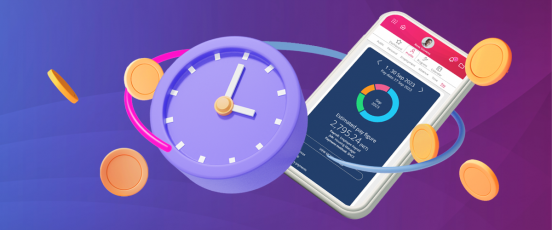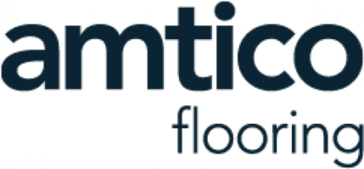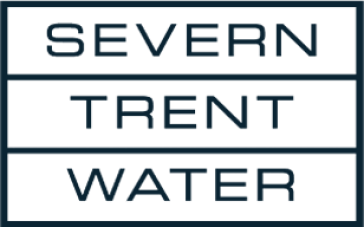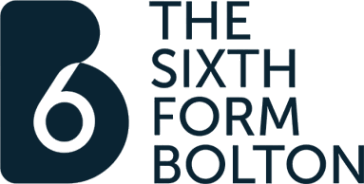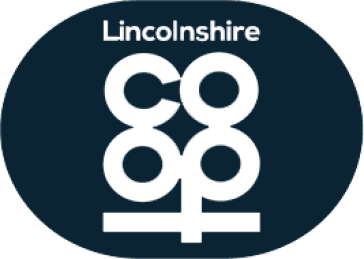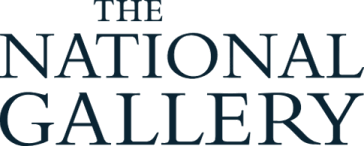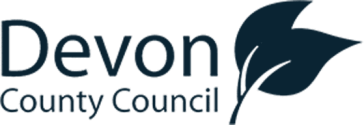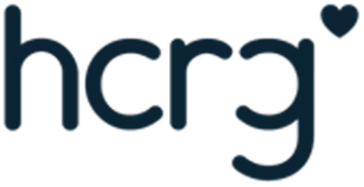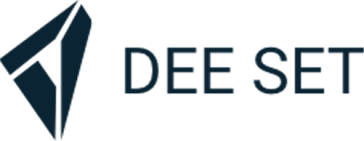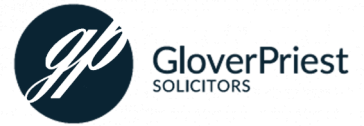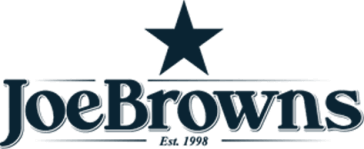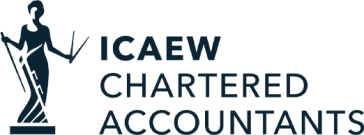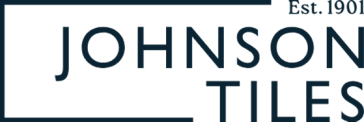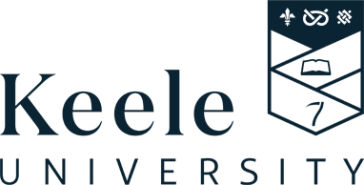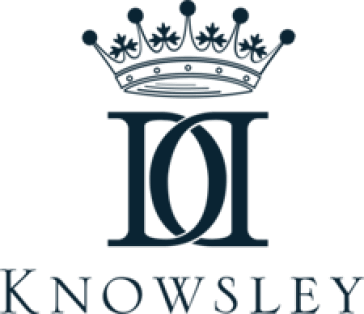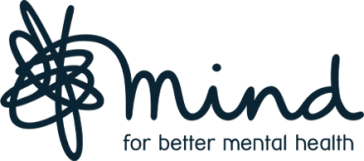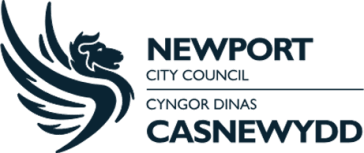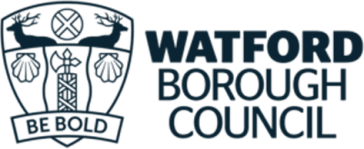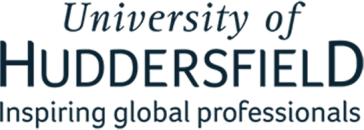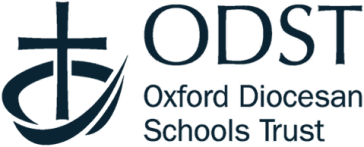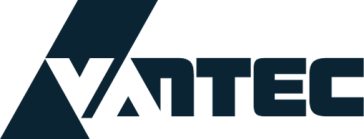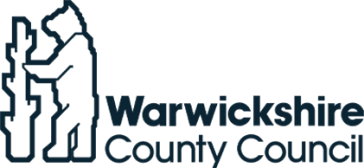25 March 2020
The Good and the Bad of Time Tracking — and How It’s Affecting Your Millennial and Gen Z Workforce
In line with the old business adage, “you can’t manage what you can’t measure,” time tracking is widely considered a best practice in the modern workplace. Almost all organizations monitor how their employees are spending time at work in some way, shape, or form.
The concept of time tracking isn’t new either. Ever since Willard Legrand Bundy invented the time clock in 1888, time tracking has evolved from rudimentary timekeeping to advanced comprehensive time tracking technologies. Businesses across all industries use time tracking to measure employee productivity, increase task ownership and accountability, and make smarter business decisions.
However, time tracking, just like any other business tool, has its potential downsides, especially when its implementation doesn’t follow the gold standards of employee management. Businesses need to be cognizant of both the pros and cons of time tracking, especially because of one development that is going to reshape the future of the workforce landscape:
The Rise of the Dominant Millennial and Gen Z Workforce
Come 2025, Millennials and Gen Zers will make up 75% of the global workforce. Big organizations such as Accenture and Ernst & Young have reported that these younger employees already comprise two-thirds of their total workforce.
The workforce is getting younger as Millennials and Gen Z rapidly become the overwhelming majority of the global workforce (Image Source: AON).
Why should you consider Millennials and Gen Zers in your time tracking implementation? It’s no secret that different generations react differently to workplace policies, rules, and changes. Consider the following:
- Millennials and Gen Zers have a digital-first mindset. As explained by Gartner’s senior research director Daniel Sanchez Reina: "They are positioned well to judge the potential value of forthcoming digital products and services."
- They value constant and immediate feedback and want to get timely rewards when they perform well.
- Millennials and Gen Zers resent being micromanaged. These generations are known as “DIY generations.” They were brought up to be independent problem solvers and they bring the same trait to the workplace.
Businesses need to take these things into consideration when implementing systems, tools, and protocols—and that includes time tracking. So, what are the upsides and downsides of time tracking and how could these affect the Millenial and Gen Z members of your organization?
Below, we’re going to look at two aspects of time tracking: use of technology, and productivity enhancement. For each, we’ll explore the good and the bad of time tracking, how this could affect your Millennial and Gen Z employees, and what you can do to counter the bad aspects.
Use of Technology
The good: Time tracking methods have come a long way from the prototype Bundy Clock. Just do a Google search of time tracking software and you are presented with a plethora of time tracking solutions—from the ones offering the most basic time tracking features to those boasting advanced functionalities.
There are three major benefits to this. First, you can choose which solution works best for your current needs and budget. Second, it allows you to automate the time tracking process, saving your employees time compared to manually filling out timesheets. Third, it enables you to integrate your time tracking system with other HR functions such as payroll.
The bad: Millennials and Gen Zers are digitally native. They use technology in almost every aspect of their lives—entertainment, shopping, finance, and even dating. As such, they may have strong opinions on the time tracking technology that you’re using and you may experience a push back if they don’t feel it’s in line with their work style.
The solution: Millennials and Gen Zers don’t appreciate the value of a technology that they don’t understand. You need to give them comprehensive training on the what, why, and how of your time tracking system, highlighting what’s in it for them. Listen to their feedback and get their suggestions on what can be done to improve the system.
If you don’t have time tracking technology in place yet, make your Millennial and Gen Z employees the beta testers. They are in the best position to point out the pros and cons of particular time tracking software.
Productivity Enhancement
The good: The productivity benefits of time clock software is well-documented. It minimizes multitasking; empowers your team to be more aware of the non-essential tasks that consume their time; allows your managers to pinpoint bottlenecks in your processes. This increased productivity is a win-win situation for your business and for your young employees. A 2017 Microsoft survey revealed that 93% of Millennials believe that productivity is key to happiness.
The bad: There’s a thin line separating businesses that strategically track time and businesses that obsessively do it. Making time your key performance metric in the evaluation of employees won’t sit well with Millennials and Gen Zers. In fact, Millennials who are in managerial positions are deviating from the notion that productivity should be measured by the number of hours employees sit at their desks and are looking for better ways to measure performance and productivity.
The solution: Instead of fixating on time to measure your employees’ performance and productivity, correlate it with other performance indicators that Millennials and Gen Zers put a premium on. For example, you can link the number of hours they spend on tasks to broader concepts such as their ability to plan tasks and keep projects on time and on budget.
Also, Millennials and Gen Zers crave constant and regular feedback sessions with their managers instead of the traditional one-off annual performance reviews. You can use the data that you cull from your time tracking system during these regular one-on-one meetings while linking the numbers to key performance indicators that these younger generations value.
Future-Proofing Your Time Tracking System
A Millennial and Gen Z dominated workforce is the next stage of workplace evolution and there’s no escaping it. At the same time, there are several time tracking practices that have been in place since back when Baby Boomers and Gen Xers comprised the majority of the labor force. Recalibrating time tracking systems to this new breed of employees is crucial if you want your time tracking investments to make a real impact on your business.




